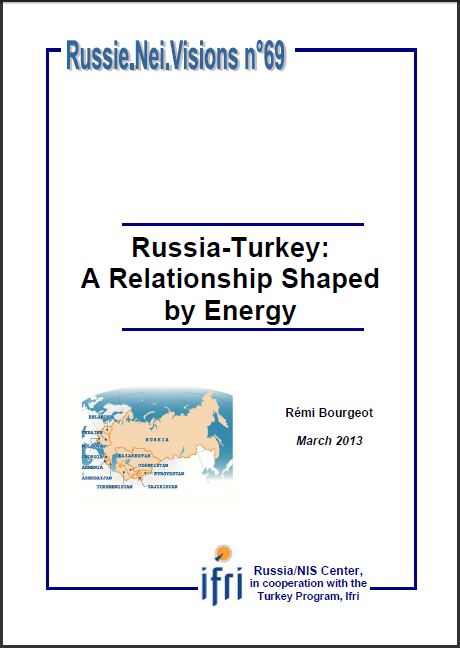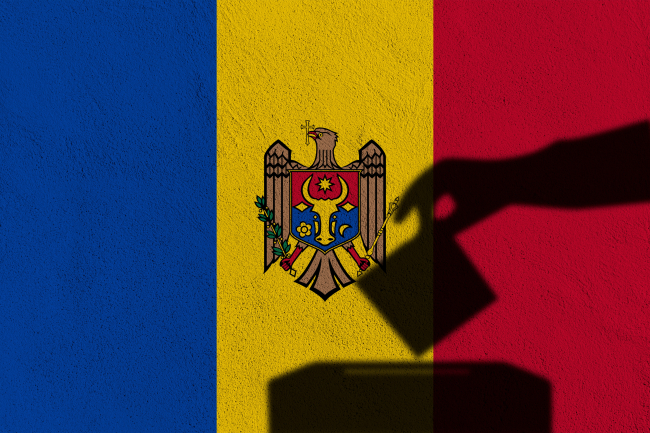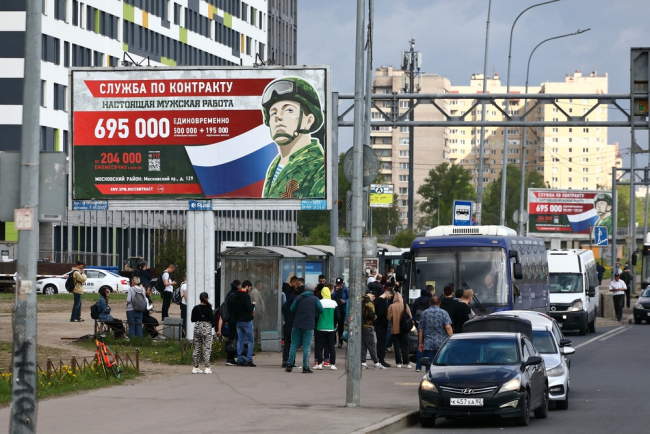Russia-Turkey: A Relationship Shaped by Energy

Deepening energy ties between Turkey and Russia prompt questions as to the balance of power between the two countries, with the former relying heavily on the latter for its energy needs.
In light of Europe's diversification efforts and of tensions with Ukraine, Russia is building the South Stream pipeline under the Black Sea (through Turkish territorial waters). At the same time, Turkey is strengthening its position in South Stream's rival projects, which aim to supply the EU with gas from the Caspian Sea. This means there is a difficult balance here: while Russia attempts to protect its European revenues, Turkey is trying to enhance its status as an energy hub between Europe, the Caucasus and the Middle East. In addition, the Turkish government and, increasingly, private Turkish operators are developing an energy partnership with Russia in a growing number of fields, including nuclear power. The economic significance of these common projects explains the desire of the two countries to play down their contrasting political interests in the Middle East.
This paper is the product of cooperation between the Russia/NIS Center and the Contemporary Turkey Research programme, Ifri.
Download the full analysis
This page contains only a summary of our work. If you would like to have access to all the information from our research on the subject, you can download the full version in PDF format.
Russia-Turkey: A Relationship Shaped by Energy
Related centers and programs
Discover our other research centers and programsFind out more
Discover all our analyses
How the Russian Army Changed its Concept of War, 1993-2022
The traditional and high-intensity war that has occurred in Ukraine since Russia decided to invade raises a key issue: did post-soviet Russian strategic thought really prepare Russia for waging this war?
Russia's Nuclear Deterrence Put to the Test by the War in Ukraine
From the outset of its “special military operation” (SVO) against Ukraine on February 24, 2022, Russia, which possesses one of the world’s largest nuclear arsenals, has adopted aggressive deterrence measures and a resolutely menacing rhetorical stance.
Moldova's Crucial Parliamentary Election. What's at Stake?
On the occasion of Moldova’s National Day, August 27, 2025, Chișinău hosted a high-level European delegation composed of Emmanuel Macron, Friedrich Merz and Donald Tusk, who sought to reaffirm their support for the country’s sovereignty and pro-European course. This unprecedented and highly symbolic visit took place at a pivotal moment. Moldova is preparing for decisive parliamentary elections on September 28, whose stakes extend far beyond the national framework.
War as Social Elevator: The Socioeconomic Impact of Russian Military Keynesianism
In order to finance its war effort, the Russian state has spent substantial sums of money and implemented a form of “military Keynesianism” that is transforming society at both the socioeconomic and cultural levels. This has partially rebalanced the wide disparities in wealth, levels of consumption, and social prestige in Russian society by granting significant financial and symbolic advantages to peripheral Russia, which has long been overlooked by the central government.









